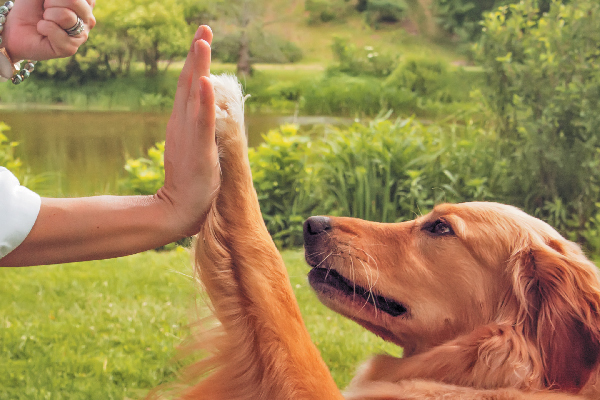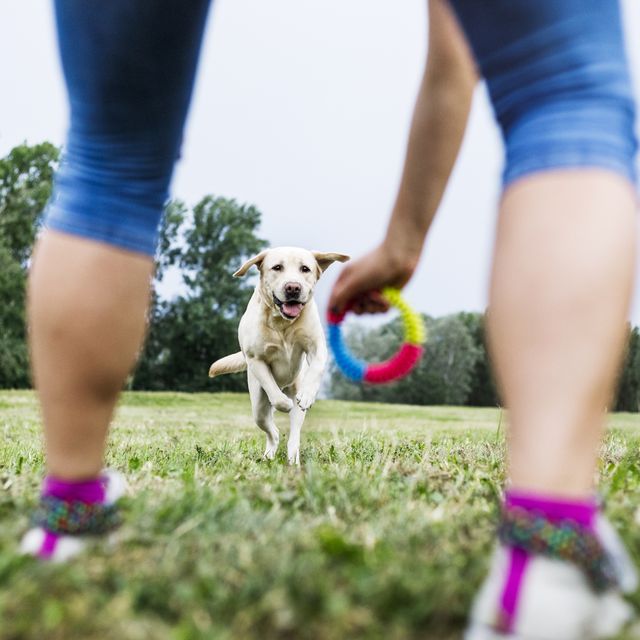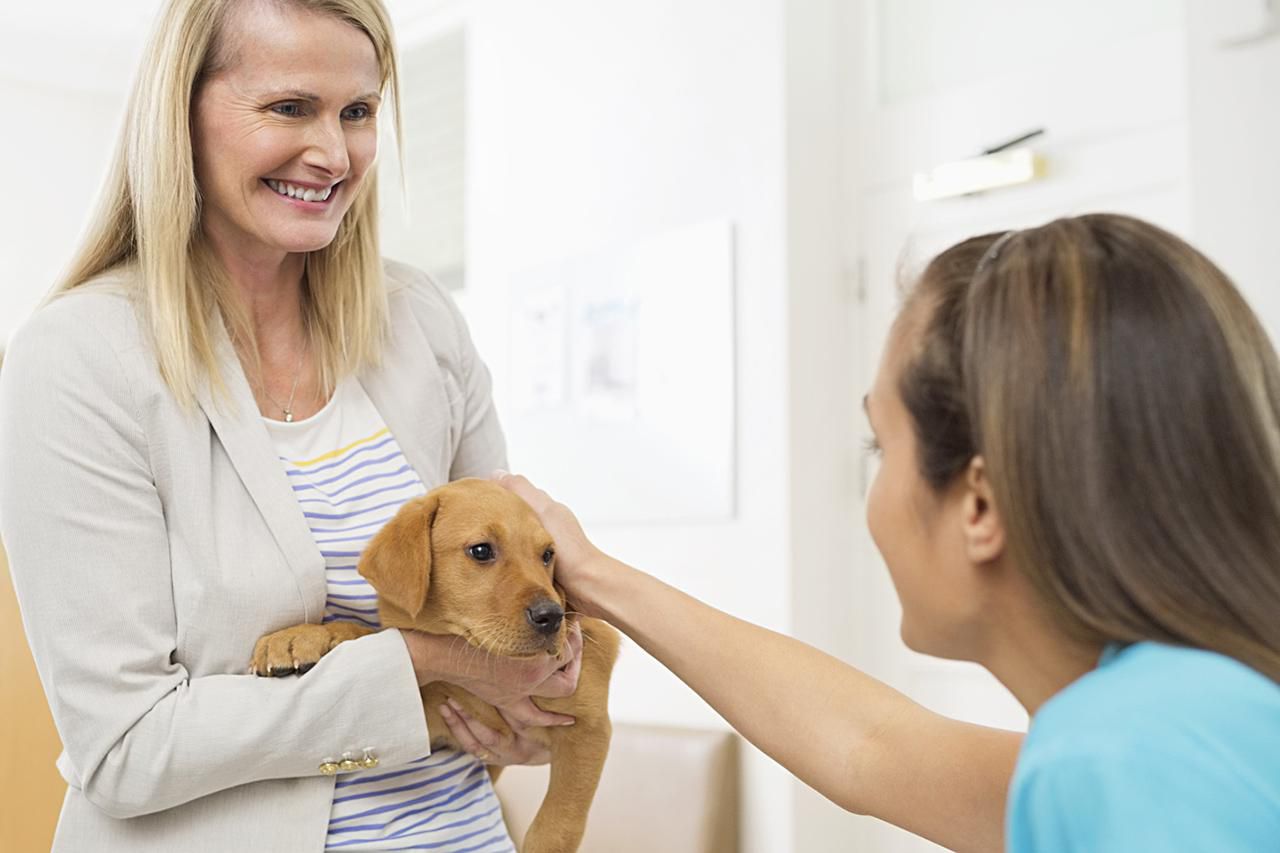No human child can resist the urge to play, and the same thing goes with puppies. But since pups don’t have the luxury of opposable thumbs, they utilize their mouths for playtime.
Typically, a puppy nipping doesn’t mean he wants to hurt you, but those baby teeth are quite sharp. The good news is, there’s no need to hold back during playtime with your pup. There are ways that you can still play with your furry pal that encourage good behavior while giving him an outlet for his energy.
A Dubai pet food company shares the following ways that can help you enjoy safe playtime with your pup.
1. Start a healthy habit
Canines will respond well to routine. Try to schedule your pet’s exercise and play at the same time every day. Once you’re able to establish a good routine, you and your pup will enjoy the benefits of regular fun and physical exercise.
As your puppy learns that he will always get a chance to play, he will be less likely to be aggressive and feel calm during playtime.
2. Get familiar with the behaviour

Is your pup merely playing, or is he already showing signs of aggression? A playful dog will often lower his head and raise his rear end, indicating that he wants you to chase him. The pup will sprint back and forth in front of you, wagging his tail, and make high-pitched noises.
An aggressive pup will tend to stand very still.
He will fix his gaze on you and growl in a way that is threatening, displaying no signs of happiness or playfulness. Growling is a clear warning, it means “please leave me alone,” and that’s what you should do when you hear your pup growl.
Preventing a situation that may encourage biting is the best way to keep you and your pup safe. Know how to recognize your pet’s body language. If you think he’s exhibiting aggressive behavior, consult with an animal behaviorist or a vet. Explain the behaviors you’re concerned about and ask for help in determining the possible causes and remedies.
3. Use toys instead of hands
Always use high-quality dog toys when you play with your pup so that you have something big enough to guide into his mouth when he wants to bite and tug. Although your pet is pretending to be fierce, he is still young, so remember to take the following into account:

- Don’t tug too hard and hurt your pup.
- Never force your pup to return a toy. If your pup doesn’t want to give a toy back, tempt him with another toy or a treat to convince him to drop it.
- Never allow young children to play on their own with your puppy. If the child runs or shrieks in fear or play, the pup may get too excited and jump or nip more than usual.
When a visitor, especially a young child who isn’t used to dogs comes to visit, make sure to put your playful pup in a crate or any confined area. Don’t expect your pet to ignore a child running or screaming as this isn’t fair. These behaviors only suggest, “chase me!”
4. Curb inappropriate play
Even a well-socialized pup will play too aggressively at times. Here are steps you can take to discourage this bad behaviour:
- Stop playing if your pup becomes aggressive or when he’s hurt you with his teeth or claws. Yell “ouch!” loudly so that your pup understands that you disapprove of his behaviour.
- Spray water or make a loud noise to startle your pup and put him to a stop. The idea is to stop the behaviour and not to create a fear response.
- If the pup doesn’t stop the behaviour despite your efforts, place him in a confined area until he settles down.
5. Allow your pup to socialize

Socializing is critical to your dog’s development, but you must ensure not to overwhelm or wear him out in the process. The goal is to expose your pet to different kinds of people and stimuli so that he grows comfortable with the world around him. As long as you remember not to overstimulate him, you can avoid creating fear and other behavioral problems that may lead to aggression.
During this critical time of development, which is eight weeks to three months of age, let your dog set the pace while you set the stage for socialization. Provide your pup many opportunities to witness noises, sights, smells, and sounds that will be a huge part of his everyday life.
Discourage bad behaviour while your pup’s still young
Many of the bad behaviours of adult dogs are what puppies do during play. When you start discouraging bad behaviours at an early age, your pup is more likely to grow into a well-disciplined and healthy dog.
AUTHOR BIO
Farah Al-Khojai is the Managing Partner of Pet’s Delight. A passionate entrepreneur, Farah holds a Bsc in Government from the London School of Economics. She is always on the lookout for new opportunities to develop and grow the pet and equestrian retail and wholesale market in the UAE and beyond, and is proud to be at the helm of the first and the largest pet care provider in the market representing world-class brands including Orijen, Applaws, Hunter, Savic, Flamingo, Ruffwear and Rogz.